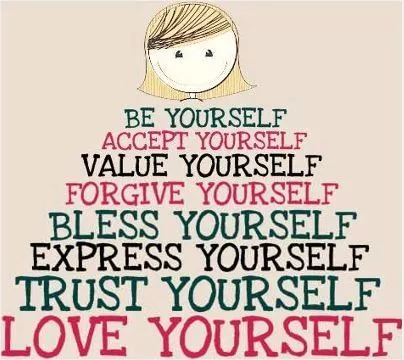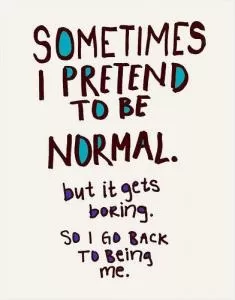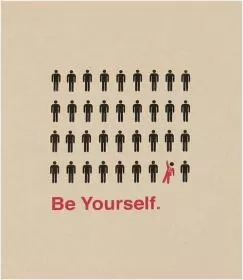I only apologize when I'm wrong. Never for being me

I only apologize when I'm wrong. Never for being me
Apologizing is a powerful tool in communication, allowing us to acknowledge our mistakes and take responsibility for our actions. However, there is a fine line between apologizing for something we have done wrong and apologizing for simply being ourselves. The statement, "I only apologize when I'm wrong. Never for being me," speaks to the importance of staying true to oneself and not apologizing for who we are as individuals.When we apologize for being ourselves, we are essentially apologizing for our identity, beliefs, or values. This can be damaging to our self-esteem and sense of self-worth. It sends the message that there is something inherently wrong with who we are, which is not the case. We should never feel the need to apologize for being authentic and true to ourselves.
On the other hand, apologizing when we are wrong is a sign of maturity and humility. It shows that we are willing to admit our mistakes and learn from them. Apologizing in this context is a way to repair relationships and move forward in a positive direction. It demonstrates empathy and understanding towards others, and can help to build trust and respect.
It is important to distinguish between apologizing for being ourselves and apologizing for our actions. We should never compromise our values or beliefs in order to please others or avoid conflict. It is essential to stay true to who we are and not apologize for simply being authentic.












 Friendship Quotes
Friendship Quotes Love Quotes
Love Quotes Life Quotes
Life Quotes Funny Quotes
Funny Quotes Motivational Quotes
Motivational Quotes Inspirational Quotes
Inspirational Quotes